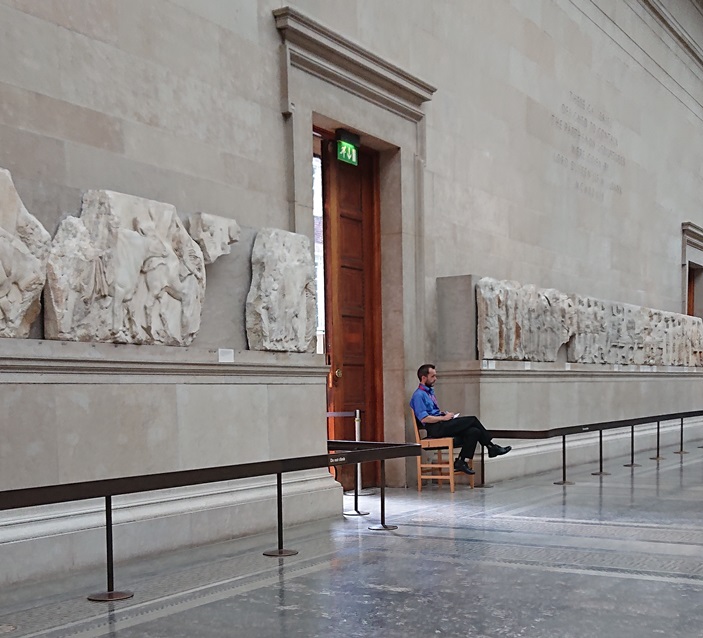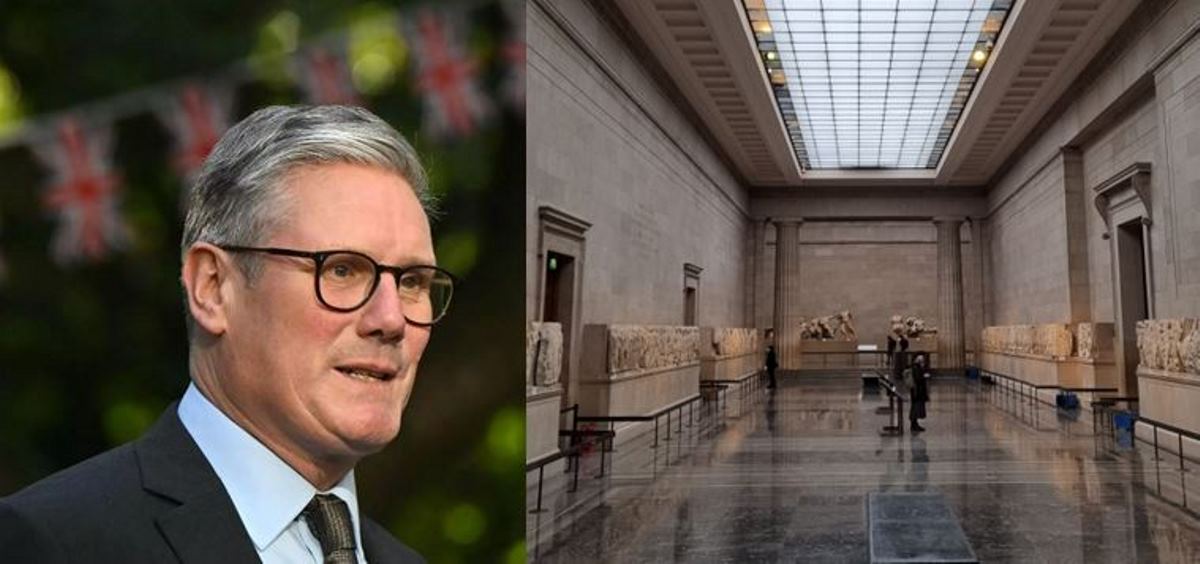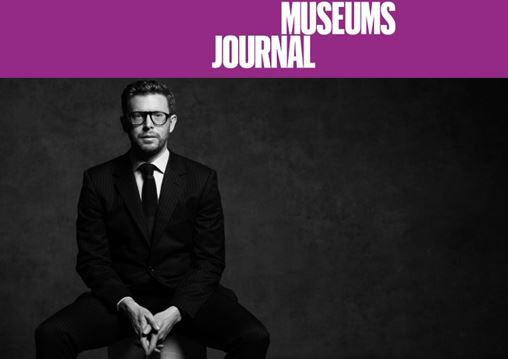James Beresford writes that European funding for Athens' new Acropolis museum runs counter to the treaty of the EU's requirement for such support to promote 'solidarity among the member states'.
To read his article click here
James Beresford is as usual engagingly provocative, so let us be provoked. The BCRPM ask him to consider:
1. Our understanding was that the Brussels round table was convened to advance, not to discuss the pros and cons of, the case for the reunification of the Sculptures of the Parthenon.
2. The ERDF is about economic, social and territorial cohesion. This is a macro political and economic and social project aimed at reducing inequalities within the single market. Its purpose is not to resolve cultural disputes between member states.
3. In the case of Greece tourism is a major industry. The major premise of the ERDF contribution to the Acropolis Museum was to assist Greek tourism by replacing the inadequate old Acropolis Museum with one fit to present Greece's main tourist attraction.
4. The minor premise that the new Acropolis Museum would advance the case for the reunification of the Parthenon Marbles was in fact a riposte to the now obsolete argument of the British Museum that Greece had nowhere fit to display them.
5. Arguments about the economic success of the museum have to be seen in the context of Greece's financial crisis, including the decline in tourist revenues.
6. Financial malpractice as a contributor to the crisis was not confined to Greece. This was the germ of truth in George Osborne's comparison between Greece and the UK.
7. And who gained most from the ERDF grants to Greece? Northern European contractors, notably from Germany but probably also from the UK. Those of us who spent many happy youthful hours travelling in the old blue buses to remote parts of Greece marvel at the fleets of luxury Mercedes coaches which have replaced them. And who are we told paid the bribes which have landed at least one former Greek minister in gaol? German defence companies. No wonder the Greeks feel sore at having self-defeating and socially and economically destructive hyper-austerity imposed upon them by German bankers.
8. It is a fact that Pericles had moved the treasury of the Delian League to Athens in 454 BC, but scholars of ancient history advise us that the economic history of that period is too complex to draw simplistic connections between this and the financing of his great programme of public works some 15 years later. Athens had other sources of revenue, not least the silver mines at Lavrion, a windfall like our North Sea oil. There were also legitimate calls upon the funds of the Delian League to defend its members from Persian aggression before peace was concluded in 449 BC. Thus the riff about Periclean Athens being a mafia state is good yellow journalism but not good history.
9. It is also an uncomfortable fact that so much of the great monumental art in world history has been made possible only by the proceeds of military conquest or commercial and imperial exploitation.
10. It is an even more uncomfortable fact that large quantities of these products of conquest and empire have found their way as loot into the museums of subsequent imperial powers, not least those looted by Lord Elgin from the Parthenon.





Comments powered by CComment